 |
|
||||||
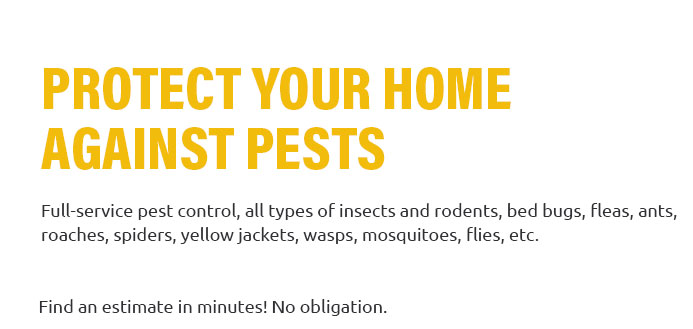 |
 |
 |
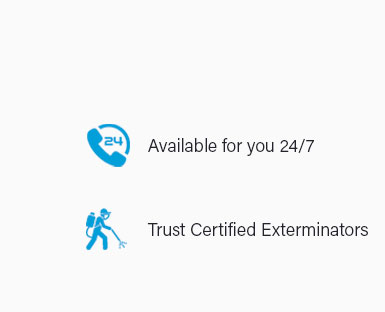 |
 |
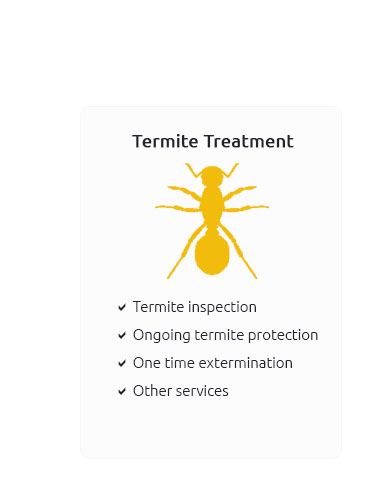 |
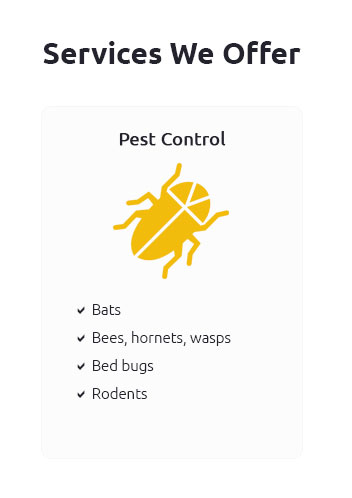 |
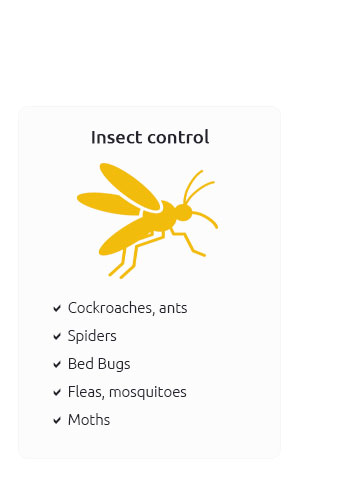 |
 |
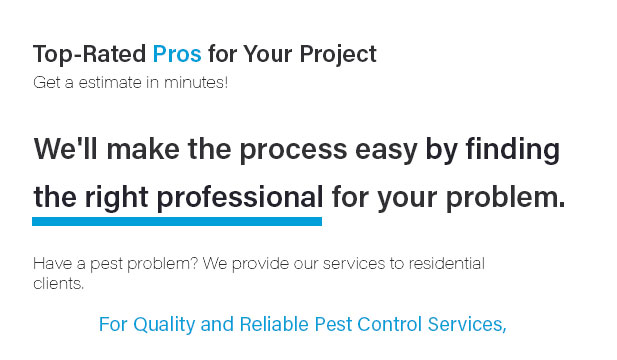 |
 |
 |
 |
|
xsgjez74cin Reclaim your home with confidence-our top-tier pest control service specializes in eradicating ants with precision and efficiency, utilizing innovative techniques that ensure your house becomes an ant-free sanctuary; from cutting-edge baits to environmentally friendly sprays, we employ the most effective solutions tailored to your needs, giving you peace of mind and a safe, comfortable living space-because when it comes to protecting your home, we don't just meet standards; we set them.
https://www.treehugger.com/natural-remedies-for-the-ant-invasion-4868837
If you notice ant hills around your home, you can pour boiling water into them to kill the ants inside immediately. It won't kill every ant, so be sure to apply ... https://www.lajaunies.com/blog/natural-remedies-to-keep-ants-away/
10 NATURAL WAYS TO GET RID OF ANTS ; Mix boric acid with powdered sugar. Add boiling water to create a syrupy consistency. ; Combine equal parts ... https://www.bugoutservice.com/ant-exterminators/ant-control/natural-ways-to-get-rid-of-ants/
A simple mixture of dish soap and water can kill ants on contact. Fill a spray bottle with water and a few drops of dish soap. Spray directly on ants and along ...
|



